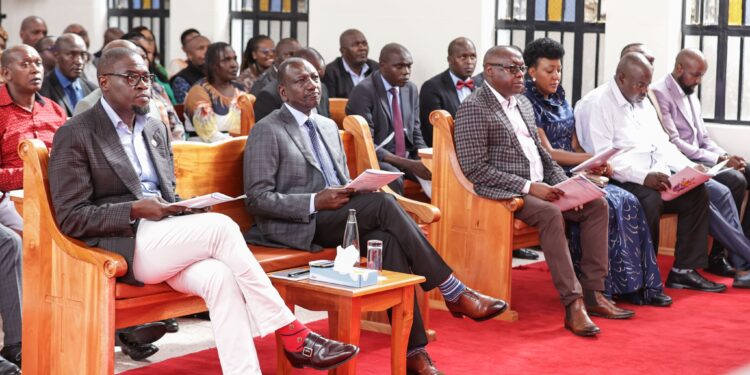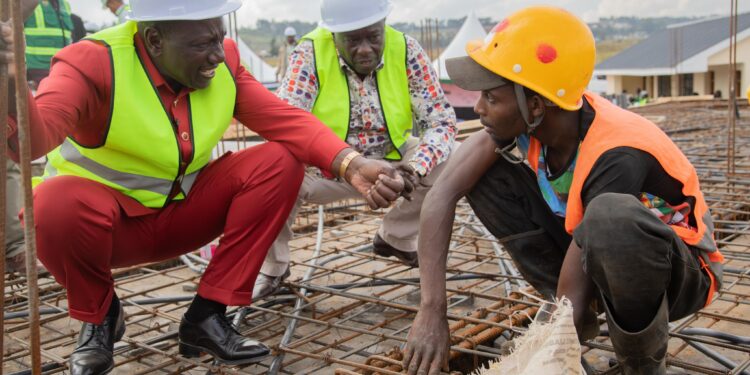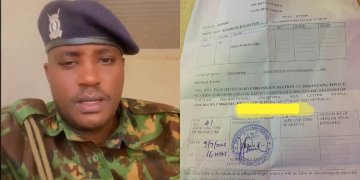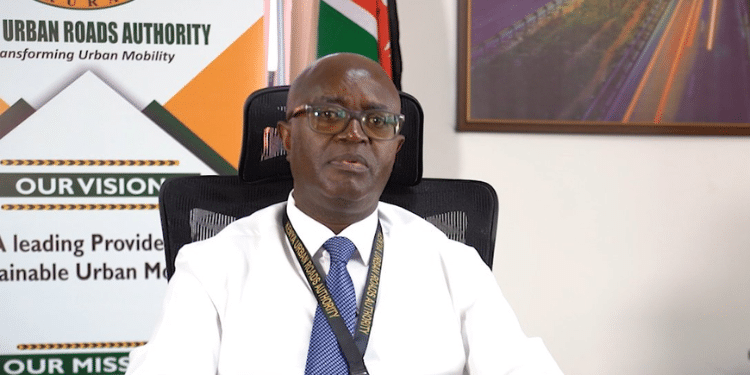President William Ruto has assured Kenyans currently residing on land earmarked for the Affordable Housing Programme that their needs will be met adequately.
Addressing a congregation during a Sunday church service in Bahati, Nairobi County, Ruto reassured citizens on targeted land that they won’t face eviction.
President Ruto said that those affected will receive financial assistance to secure alternative accommodations while the construction progresses.
“There will be no eviction, every Kenyan will be given somewhere to live as they wait for the houses to be built, that is our job,” said Ruto.
“We will give you money for two years you rent a place then when we finish the house you occupy your house.”

President Ruto Vows to Build More Affordable Houses
Ruto emphasized his government’s dedication to offering affordable housing to Kenyans living in slums.
He stated that the initiative to construct housing units is slated to progress vigorously by the end of 2024.
“Our plan is that by the end of this year, we will have 50,000 homes built in Nairobi alone. In Makadara before the end of the year we will have started the construction of a minimum of 30,000 houses,” added Ruto.
The head of state further emphasized that the program aims to assist Kenyans currently paying rent by enabling them to transition to paying mortgage fees, ultimately allowing them to own their homes instead of continuing to rent for extended periods.
“In the next five years we should have 1 million homeowners in Kenya so that we begin to dignify the living conditions of Kenyans.”
Also Read: Kenyans to Pay Ksh200 to Activate Affordable Housing Account
Ruto Signing Affordable Housing Bill into Law
President William Ruto signed the Affordable Housing Act 2024 into law on March 19, 2024.
Following its approval into law, both salaried and non-salaried Kenyans are deducted 1.5 per cent of their monthly income to the Affordable Housing Fund.
Both the Senate and the National Assembly approved the bill with numerous amendments, notably incorporating county governments into its scope.
The levy had previously been deemed unconstitutional by the High Court in 2023. In addition, the Court of Appeal subsequently upheld this decision, stating that the levy was implemented without a proper legal framework.
Also Read: KRA Details How Kenyans Will Remit Housing Levy
Ruto’s administration has consistently asserted that the suspension facilitated the opportunity for reworking the bill, thereby establishing a fresh legal framework for the levy.
The bill establishes four components of Affordable Housing including the Social Housing Unit for persons earning less than Ksh.20,000, Middle Class for people earning above Ksh.49,000, General Affordable Housing for those earning between Ksh.20,000 to Ksh.149,000 and Rural Housing for those living outside urban areas.











































































